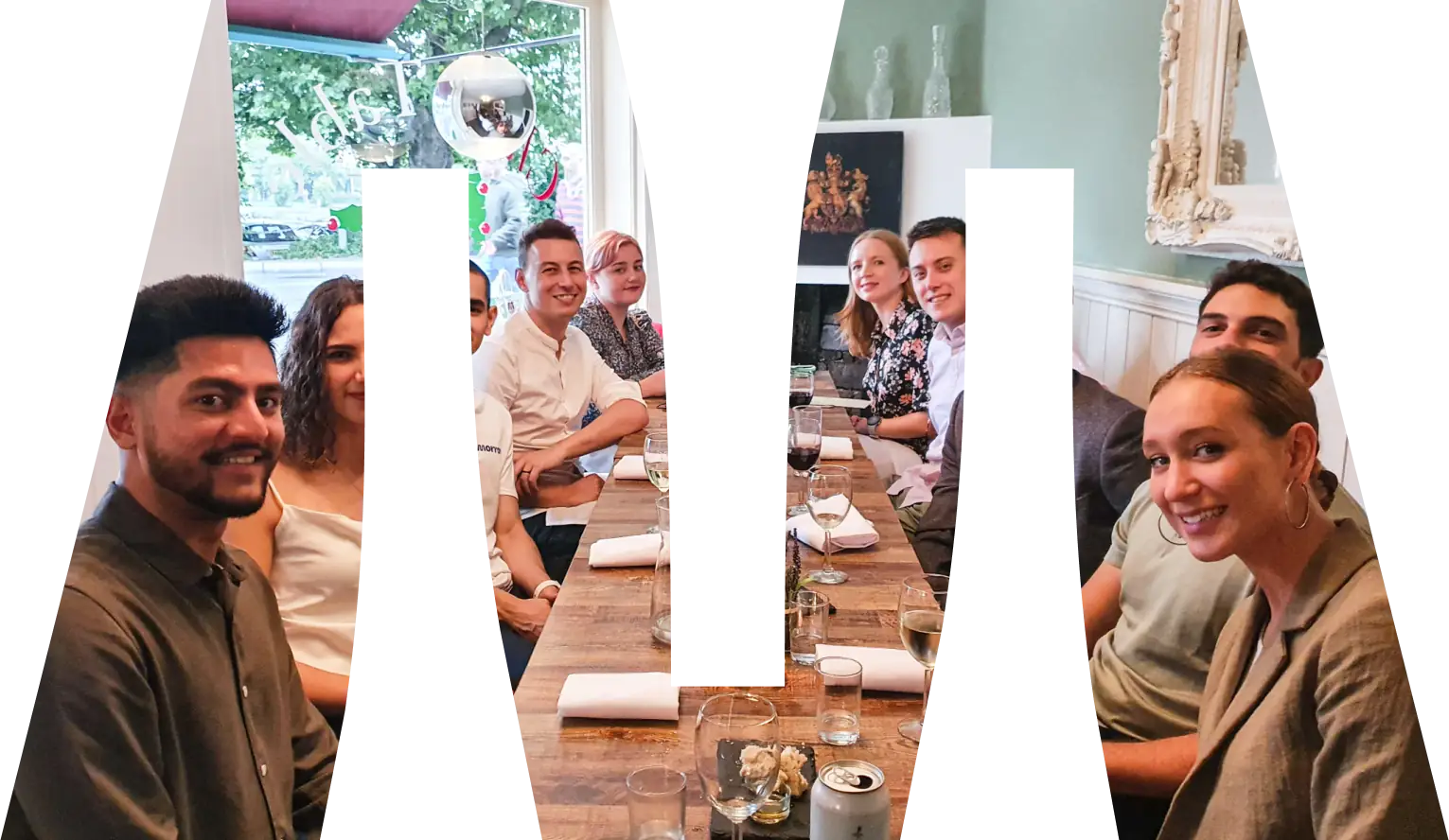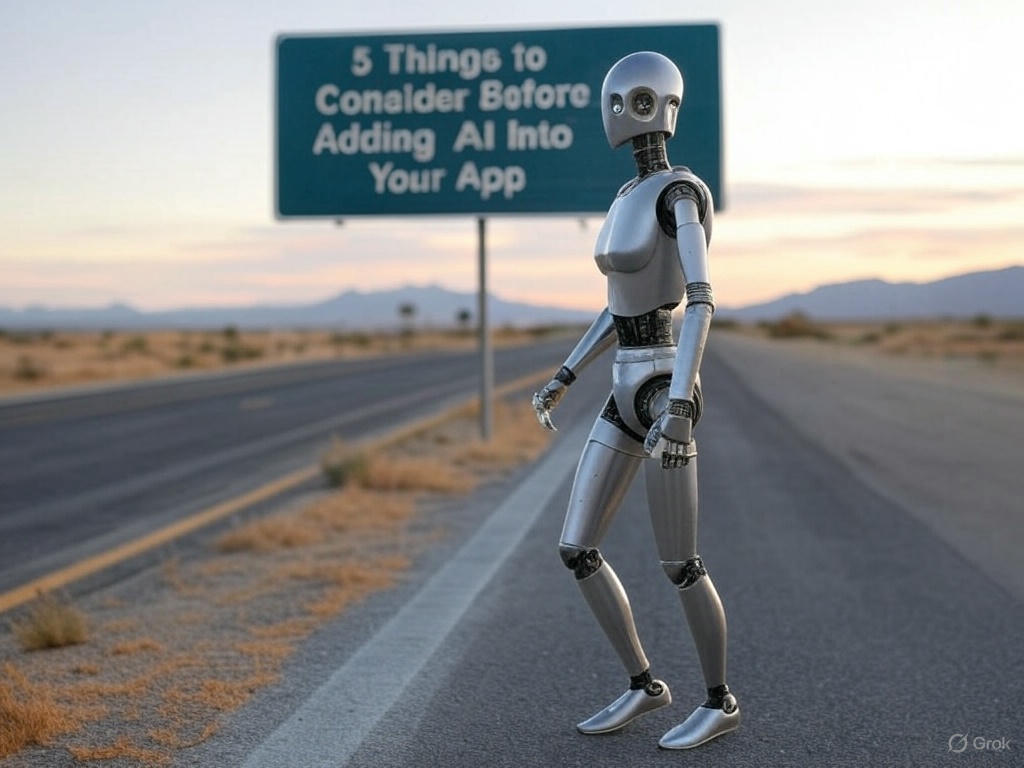Thursday, January 6, 2022
-
3
min
The NFT trend won’t stop with art
Chuck a stone in the tech world today and you’d be hard-pressed not to hit someone talking about NFTs. And whether it’s Jack Dorsey auctioning his original tweet for charity or Nyan Cat selling for nearly $600,000, most of the NFT headlines are about how they’re changing hands for crazy prices, especially where digital art is concerned.
But there’s a lot more to NFTs than that. The underlying blockchain tech has heaps of potential across all kinds of sectors, from protecting consumers in vulnerable transactions to making frustrating everyday processes more efficient and reliable.
Check out our recent AI Hackathon here.
Safeguarding against fraud
The whole point of NFTs is that they're unique, they verify ownership of something, and they're pretty near impossible to fake, modify or copy. And if there’s one application that kind of tech is perfectly suited for, it's protecting people against fraudulent sales.
That kind of security would be a blessing for an arena like car sales. In that sector, there’s a lot at stake for the buyer and plenty of opportunities for fraudsters to take advantage of them. If NFTs could be integrated into vehicle registration, buyers would have a safe and non-corruptible way of verifying that the person selling them the car is its legal owner.
Land and property sales might not have the same problem with theft, but they could still benefit from that dependable verification of ownership. When there are multiple separate bodies involved like surveyors, solicitors and government agencies, not to mention stacks of outdated and often mislaid paperwork, there’s a perfect opportunity for tech that can reliably say who owns what.
NFTs could also bring a lot of security to the world of recruitment. There’s always been the problem of people faking degree certificates and getting jobs they’re not qualified for. They can be found out but in fast-paced environments employers don’t often have time to contact the university in question and wait for them to check their database.
But now it could be possible for universities to mint an NFT associated with a graduate’s certificate. Because the NFT can be recorded on the blockchain ledger, employers would be able to verify everything themselves. And this means the chances of someone faking a degree and getting away with it would drop dramatically.
It’s important to remember that NFTs are not in themselves a turn-key solution. There’s still a need for tech startups to build a solution on top of the blockchain. But it offers a huge amount of scope and possibility.
Read: Enhancing Your Tamagui Apps: Media Queries and Animations.
Solving everyday pain points
NFTs aren’t just for the high-value world, though. There are plenty of ways the tech could address problems encountered every single day.
Take ticket sales, for example. Obviously, one reason to bring NFTs into that space would be to stop the problem of ticket faking but there’s more to it than that. For starters, the smart contracts written into the blockchain mean that legitimate sellers could prevent tickets from being sold on again after purchase, putting an end to the problem of ticket touting.
But blockchain can also make ticket sales more efficient. Anyone who’s ever bought tickets for a gig, show or sports event knows what a minefield it can be with so many different vendors all selling the same tickets. And every time one of those vendors wants to sell you a seat, they first have to go back to the master information holder and check that seat hasn’t been sold by someone else.
That’s a big information overhead and it’s famously prone to mistakes. But with a unique NFT assigned to each seat and a distributed ledger recording transactions, sellers wouldn’t have to keep referring back to a central authority for every ticket purchase.
Or if you want a really everyday example, let's talk parking. Just as with event seating, sellers could assign each car parking space its own NFT but they could also use smart contracts to set conditions for them. So if you buy an hour of parking, at the end of that time the NFT automatically returns to the issuer. Ditto for hotel rooms, desk space and even restaurant table reservations!
That opens up the possibility for operators to give real-time info on exactly which spaces are occupied and when they're going to become available again. And for users, the blockchain ledger means you can remove the frustration of needing an app for every operator.

Are NFTs right for your product?
There are a vast number of applications for NFT and blockchain tech besides what we’ve seen so far. But if you're thinking about making that tech part of your product, the most important question isn’t necessarily what you can do with NFTs, it’s whether you need them in the first place.
Blockchain is booming right now and it’s easy to get caught up in the NFT trend because everyone else is too. But it’s important to take a step back before going too far down the rabbit hole.
Smart contracts are notoriously hard to write and blockchain is still a rapidly-changing, high-risk technology. You have to decide if the benefits outweigh the challenges. Blockchain brings a lot of potential, but for most use cases spending thousands of hours drawing up smart contract code isn’t really justifiable when maintaining a central database will do.
As with any new tech, though, this won’t always be the case. Blockchain will become easier and more cost-effective to implement with time. For every business there’ll be a point when the difficulty finally comes down to meet the potential benefits. All you need to do is work out when those points are going to cross, and then get into position to take advantage of that pivotal moment.
To see how Morrow can help you navigate the world of NFTs, don’t hesitate to get in touch.




.jpg)









